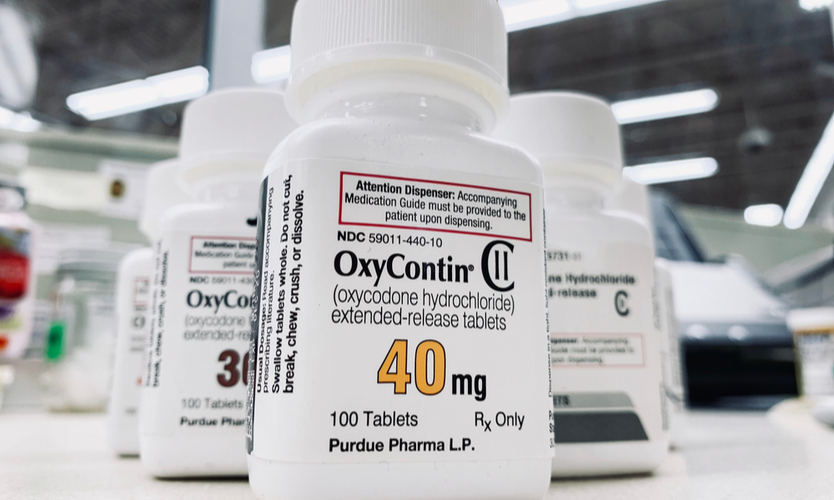Supreme Court torn over Purdue Pharma bankruptcy settlement
- May 20, 2025
- Posted by: Web workers
- Category: Finance

(Reuters) — U.S. Supreme Court justices Monday struggled over whether to approve OxyContin maker Purdue Pharma’s bankruptcy settlement, voicing concern the deal would shield its wealthy Sackler family owners from lawsuits over their role in a deadly opioid epidemic while also worrying that scuttling it could harm victims.
The court heard arguments in an appeal by the Biden administration of a lower court’s ruling upholding the settlement for the Stamford, Connecticut-based company.
Purdue’s owners under the deal would receive immunity in exchange for paying up to $6 billion to settle thousands of lawsuits filed by states, hospitals, people who had become addicted and others who have sued the company over allegedly misleading marketing of its powerful pain medication OxyContin.
At issue in the case is whether U.S. bankruptcy law allows Purdue’s restructuring to include legal protections for members of the Sackler family, who have not filed for personal bankruptcy.
Some justices seemed to convey skepticism toward the Biden administration stance.
“Bankruptcy courts for 30 years have been approving plans like this,” conservative Justice Brett Kavanaugh told Justice Department lawyer Curtis Gannon, while asking why the Supreme Court should decide such plans are “categorically inappropriate.”
But some justices also seemed wary of extending protections to the Sacklers under bankruptcy law when the family members themselves were not debtors under the plan.
“In some ways, they’re getting a better deal than the usual bankruptcy discharge,” liberal Justice Elena Kagan told Gregory Garre, a lawyer representing Purdue, adding that the Sacklers under the deal would be “protected from claims of fraud and willful misconduct,” which does not happen in a typical bankruptcy proceeding.
The justices in August paused bankruptcy proceedings concerning Purdue and its affiliates when they agreed to take up the administration’s appeal of a ruling by the Manhattan-based 2nd U.S. Circuit of Appeals upholding the settlement.
The Biden administration in court papers told the justices that allowing the 2nd Circuit’s decision to stand would provide “a roadmap for corporations and wealthy individuals to misuse the bankruptcy system to avoid mass-tort liability.”
At issue is whether U.S. bankruptcy law allows Purdue’s restructuring to include legal protections for the members of the Sackler family, who have not filed for personal bankruptcy.
Purdue filed for Chapter 11 bankruptcy in 2019 to address its debts, nearly all of which stemmed from thousands of lawsuits alleging that OxyContin helped kickstart an opioid epidemic that has caused more than half a million U.S. overdose deaths over two decades.
Purdue estimates that its bankruptcy settlement, approved by a U.S. bankruptcy judge in 2021, would provide $10 billion in value to its creditors, including state and local governments, individual victims of addiction, hospitals and others who have sued the company.
The Biden administration and eight states challenged the settlement. All of the states dropped their opposition after the Sacklers agreed to contribute more to the settlement fund.
In upholding the settlement in May, the 2nd Circuit concluded that federal bankruptcy law allows legal protections for non-bankrupt parties like the Sacklers in extraordinary circumstances. It ruled that the legal claims against Purdue were inextricably linked to claims against its owners, and that allowing lawsuits to continue targeting the Sacklers would undermine Purdue’s efforts to reach a bankruptcy settlement.
Members of the Sackler family have denied wrongdoing but expressed regret that OxyContin “unexpectedly became part of an opioid crisis.” They said in May that the bankruptcy settlement would provide “substantial resources for people and communities in need.”
The administration told the Supreme Court that Purdue’s settlement is an abuse of bankruptcy protections meant for debtors in “financial distress,” not people like the Sacklers. The administration has also alleged that the Sackler family members withdrew $11 billion from Purdue before agreeing to contribute $6 billion to its opioid settlement.



